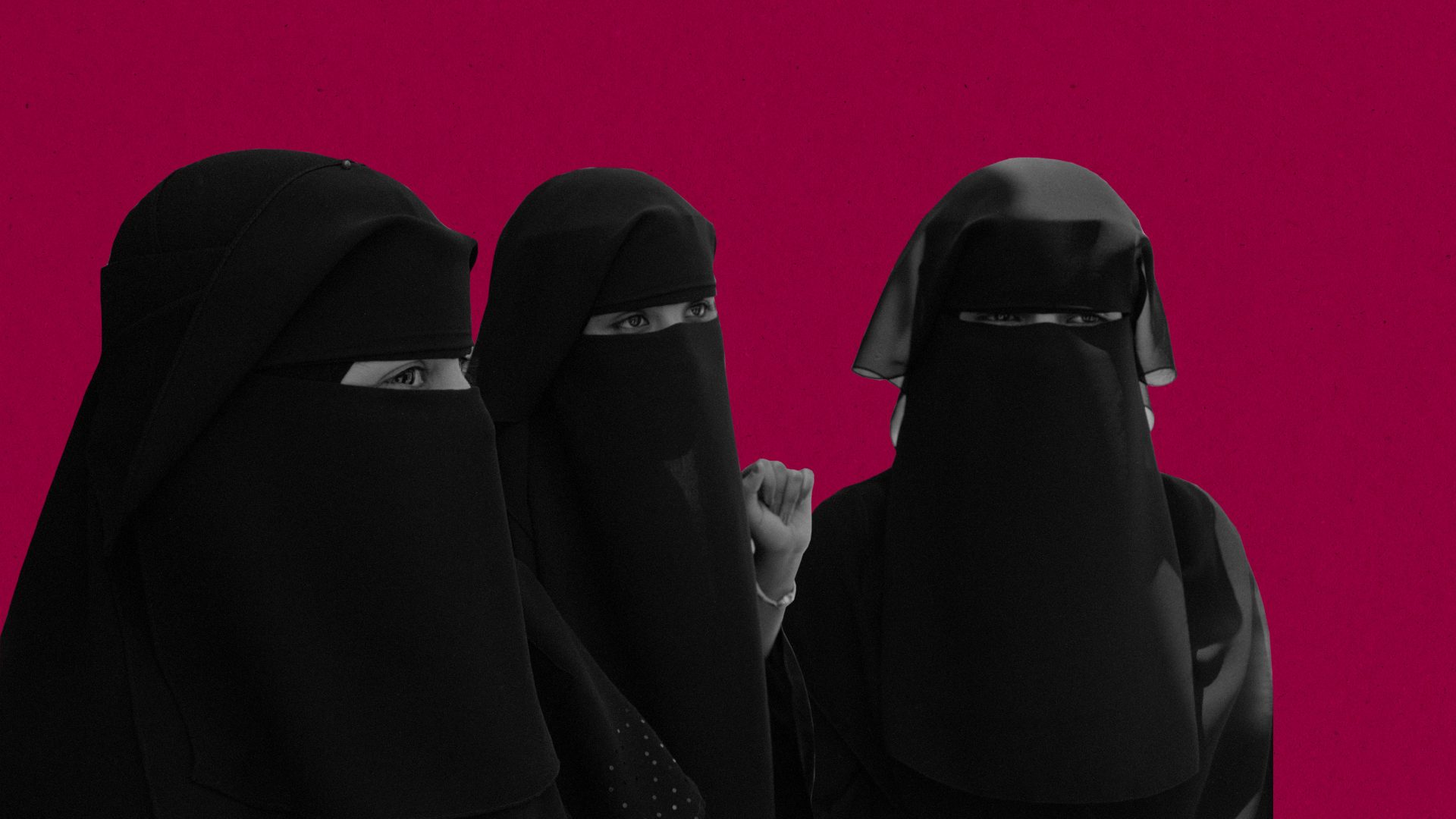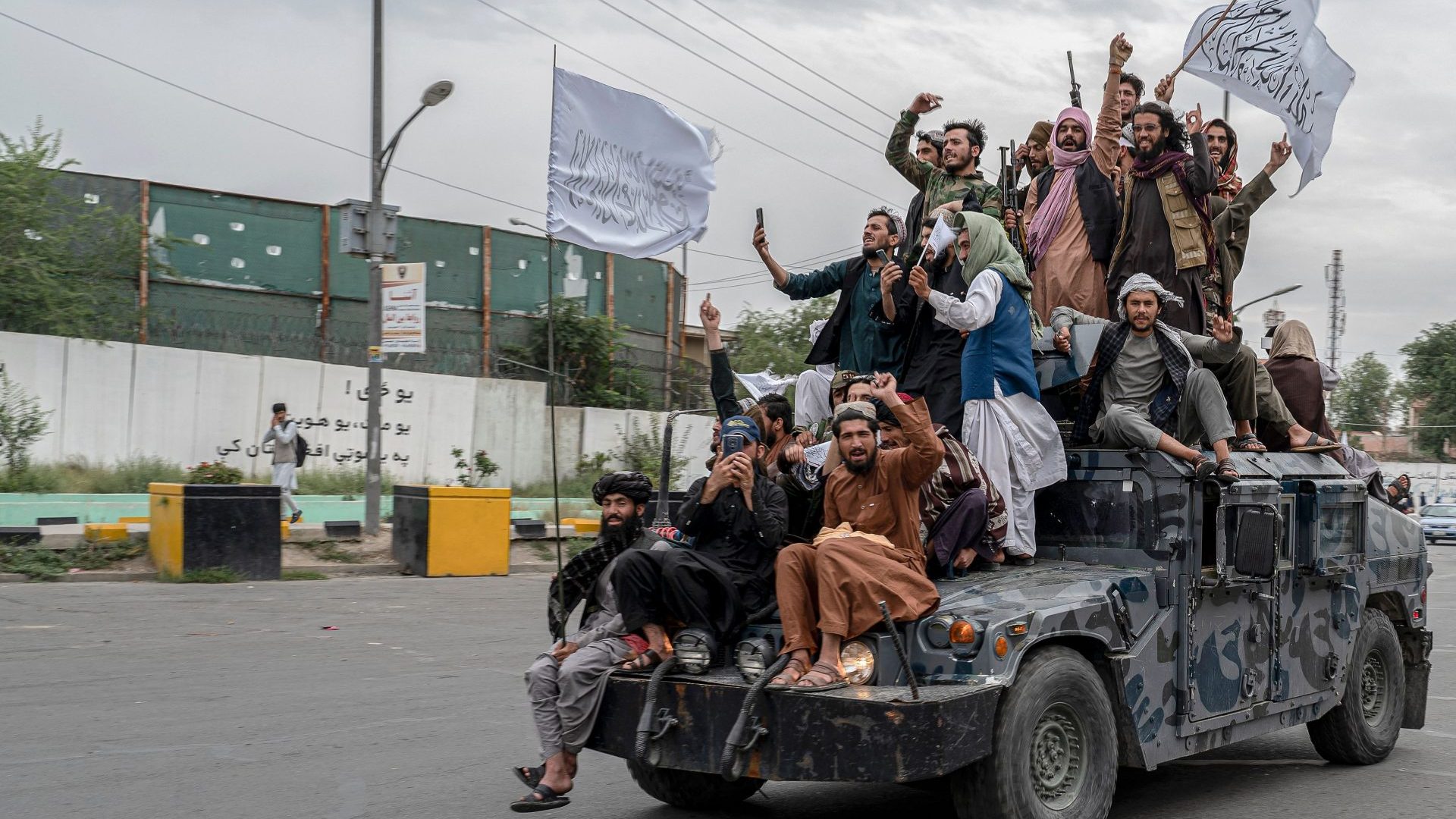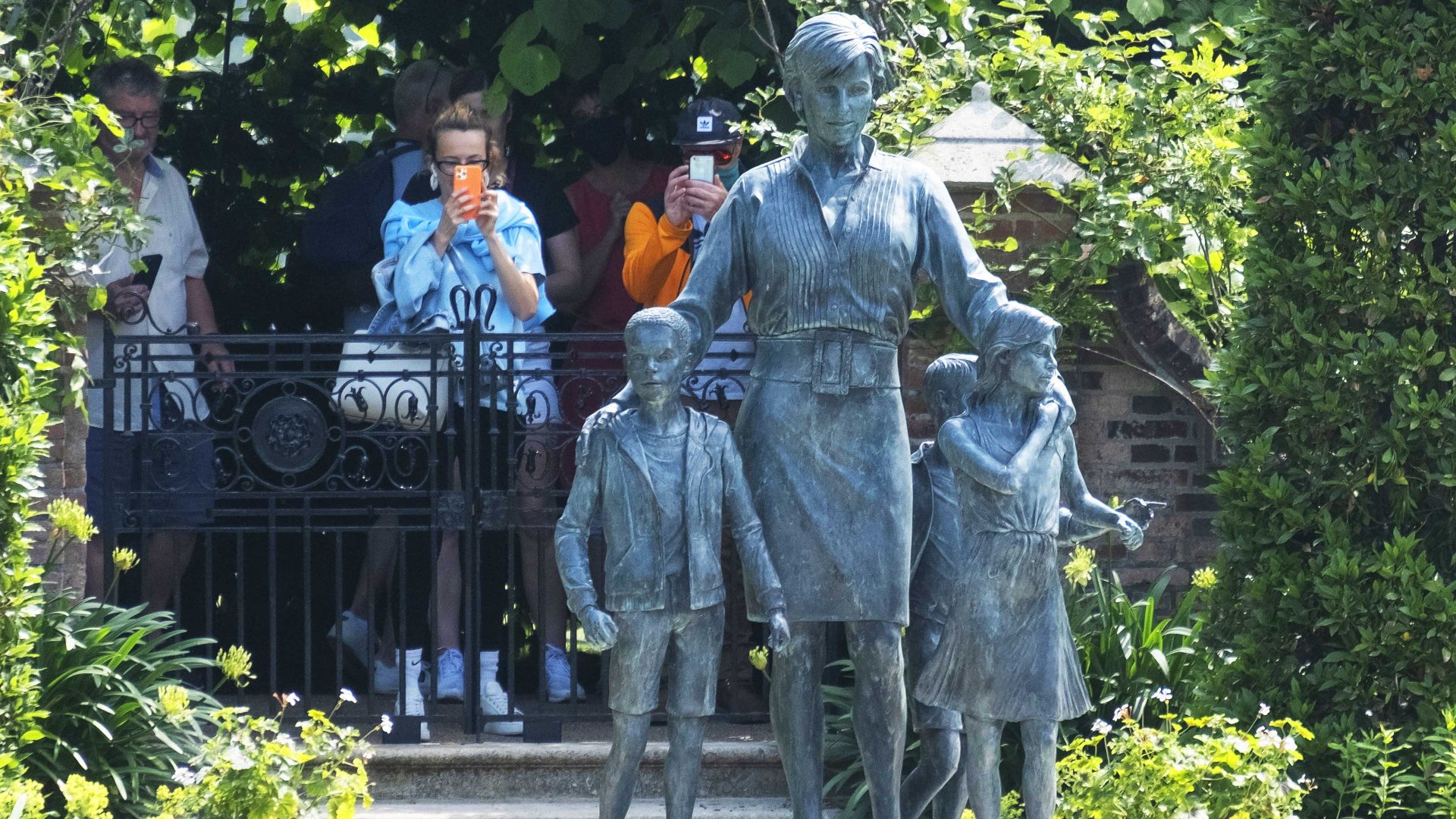On Saturday, August 14, 2021, I woke up early to get ready to go to my office. I was fresh and ready after a beautiful weekend that I had spent with four female friends. We used to meet every other week. On my way to the office, which was an hour and a half drive from my home, it was just like other days. I could see groups of girls who were dressed in different colours and were going to school. They were shouting as they walked along hand-in-hand.
I was listening to an audiobook by Stephen R. Covey called, The 7 Habits of Highly Effective People, and dreaming about the future I was trying to make for myself. But no one, including senior analysts in Kabul, knew that in a matter of hours Kabul would fall into the hands of the worst enemy of women on earth. The moment I arrived in my office, I was told that the Taliban was about to enter Kabul city and I had to go home.
I didn’t know how to react, or what to do. I was not ready to hear this news. We knew that the Doha Deal between the US and Taliban over the future of our country would bring the Taliban into power, but we thought that there might be an inter-Afghan dialogue with international mediation. We hoped that an inclusive transitional government might be formed. But we never expected a handover of power like this. I was advised to take my laptop with me, in case of any disruption to my work routine.
I saw complete confusion and chaos, a city full of people who were running to get to their homes, shops that were closing, drivers who were driving carelessly and streets with no government presence. It took three hours to get home. My family kept calling me and so did my friends. No one knew what would happen next.
I scrolled my Facebook page to see what was happening. To my surprise, I read that the president, Ashraf Ghani, had avoided his responsibility and left Afghanistan. Besides many other questions, I asked myself why he had left his people alone, without taking into consideration the blood of more than 70,000 Afghan soldiers who had fought bravely to save the Afghan state.
Now the city is full of men seeking jobs and walking with sad faces, lost in their thoughts, knowing nothing about what might happen to their families. Girls and women are locked in at home. A large number of professional and educated Afghans have left the country. Of those four girlfriends I mentioned, only one is left in Kabul.
The economy is in freefall. Our beautiful Pul-e-Surkh, a Kabul neighbourhood where young people, students, poets, artists and writers hung out – which was a centre of modernisation, with book readings, poetry, and cultural events – has lost its vibrancy and momentum. The crisis has affected both men and women, and has had a dangerous effect on girls’ mental and psychosocial wellbeing. Restrictions have shattered girls’ lives, excluded them from society, friends, jobs, and school, and left a large number of them with severe depression.
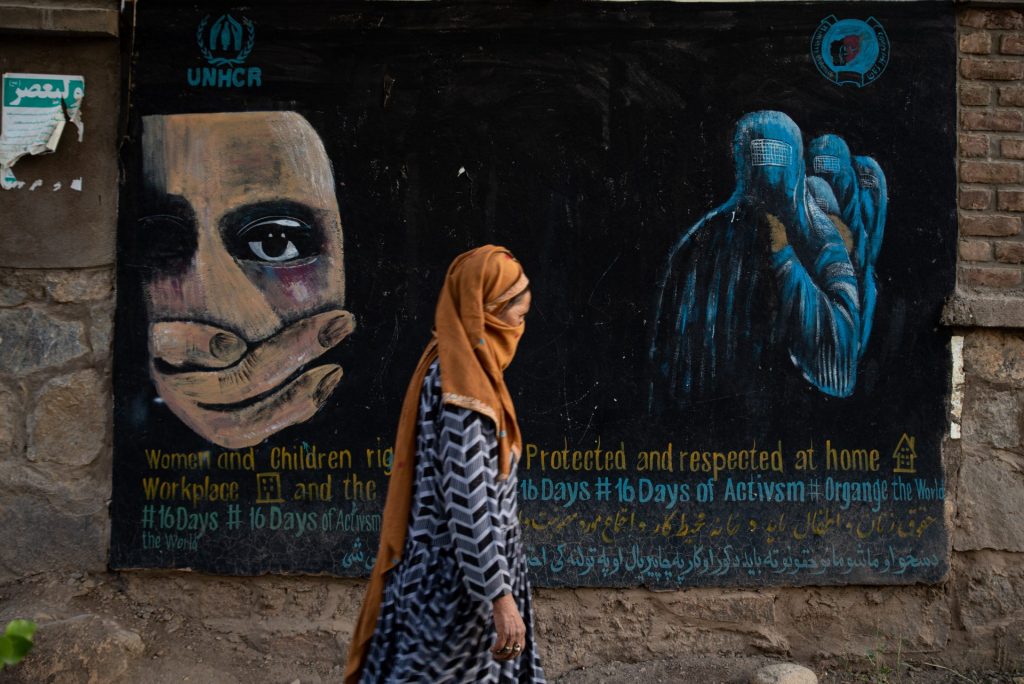
More than a million secondary schoolgirls and their teachers were ordered to stay at home, reversing years of progress for women and human equality. Afghanistan now is the only country on earth that prevents girls from attending school past year six. I am one of those women who lost her job. I am exhausted, and unable to work or study like I used to. I was responsible for feeding a family of eight people. Now we have no income.
I was planning to take a degree in law and work as a lawyer or a judge. But right now, as girls are not even allowed to read or talk, they will certainly not be allowed to judge and work on human rights. All my dreams and goals are lost. The Taliban is establishing an autocratic regime, hiring its own fighters for staff, and excluding all others who are not their ethnicity and do not speak their language. Their unwritten rule is that in order to be hired in their government, you have to have a fighting background. Firing bullets for the last 20 years counts more than skills and education.
After capturing Kabul, Taliban authorities imposed severe restrictions on human rights, suppressed our new, vibrant media, detained and tortured journalists, and silenced free voices. As a result of their illegitimate takeover, billions of dollars of international aid were withdrawn, Afghanistan’s foreign currency reserves were frozen, and the banking system collapsed. The subsequent economic crisis and the country’s worst drought have plunged households into severe poverty. Afghans are starving. Instead of finding strategies to survive and skills to govern, the Taliban use force to silence voices. Guns, bullets, and violence are the de facto rulers in Afghanistan.
Sadly, after a year of drift, the Afghan people are victims of both Taliban cruelty and international apathy. No foreign government has officially recognised the regime so far. The Taliban is pursuing many of the same policies that it inflicted on Afghanistan from 1996 to 2001.
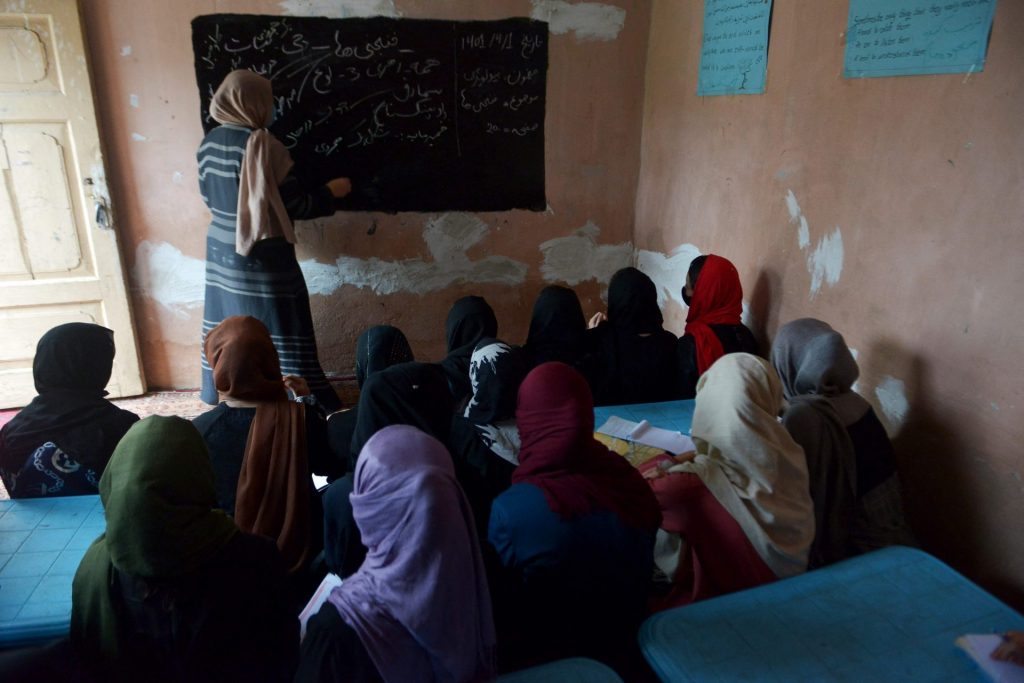
Again, women must stay at home and if they go out must be covered from head to toe. Once again Afghanistan has become a safe haven for international terrorist groups such as al-Qaida, which has both the potential and willingness to become a regional and international threat. And the streets of Kabul are empty of the colourful sight of happy schoolgirls on their way to class.
For obvious reasons, ‘Adila’ is a pseudonym.

